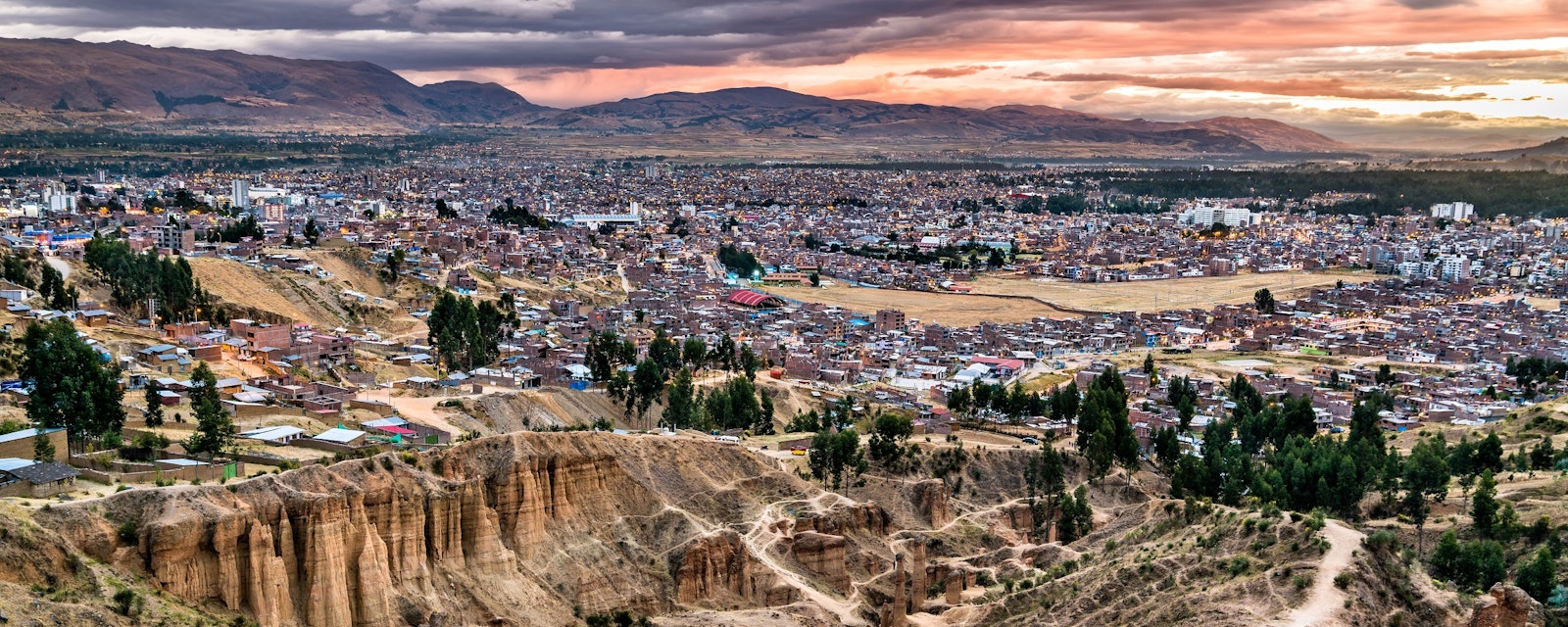This week, Mexico holds a presidential recall referendum that President Andres Manuel Lopez Obrador (AMLO) hopes will recharge his authority; separately, Mexico’s Supreme Court could make an important ruling on the constitutionality of electricity reforms. In Brazil, an expansion of an important cash transfer program is under consideration. Protests in Peru are a sign of public restlessness over fuel price inflation. In Chile, the constituent assembly’s radicalism looks increasingly at odds with public opinion, while President Gabriel Boric is in Argentina on his first foreign trip.
Mexico
President Andres Manuel Lopez Obrador (AMLO) faces a presidential recall referendum on 10 April. Unlike a conventional recall vote sought by voters, AMLO himself has pushed for the referendum as a means to legitimize his policies, boost his authority, and help avoid any succession crisis in the run-up to 2024. AMLO also wants to prepare for gubernatorial elections in six states in June. For the referendum to be legally valid, 40% of the electorate must participate. This amounts to around 37.9mn voters. Although turnout is likely to be well below this threshold (many AMLO opponents will not vote and there is no significant movement trying to eject him from power in this referendum), AMLO will try to portray the result as a ringing endorsement of his presidency. The lower the turnout, the greater the risk of an angry reaction from AMLO; in this scenario, the National Electoral Institute (INE) would almost certainly be the main target of his ire.
Separately, the Supreme Court (SCJN) could issue a key ruling on the stalled Electricity Industry Law (LIE) as soon as tomorrow, 5 April. The LIE, which is separate to the constitutional reform being proposed for the electricity sector but could deliver some reforms via the backdoor should the constitutional reform be blocked, would see grid dispatch rules altered to benefit the state-run CFE; the scrapping of long-term power purchase auctions; and the elimination of self-supply permits. The LIE was passed in 2021 but its application was suspended by injunctions. For the SCJN to rule definitively that the LIE is unconstitutional, the bar is set high: eight out of 11 votes are required, though a less convincing outcome in the SCJN could still leave the initiative in a legal limbo.
Brazil
Congress will focus on social bills with electoral appeal this week. On top of the list is an increase in the monthly disbursement per family in the new cash transfer program, Auxilio Brasil. The first payment was in February, but the government wants to almost double it to compensate for the current lower value when compared with the Covid-19 emergency aid. Bills improving conditions for government scholarships are also to be addressed this week. The president may veto BRL 3.86bn (USD 830mn) in compensation funds for the difficulties encountered by the cultural establishment during the pandemic. The Supreme Court (STF) will start on 6 April to examine cases against the government in relation to the preservation of the Amazon and other ecosystems.
Peru
A tense calm has settled over the city of Huancayo (Junin), which saw violent protests at the end of last week as truckers and agricultural workers protested over fuel price inflation. The government yesterday, 3 April, announced new measures to address protestors’ demands; these include the suspension of the ISC excise tax on some fuels; a 10.2% increase in the minimum wage; and a bill to temporarily exonerate value-added tax (IGV) on food staples. President Pedro Castillo had previously exacerbated tensions by accusing strike leaders of being paid agitators. It is notable that Junin is where the governing Peru Libre (PL) party has its roots, which makes these protests particularly damaging to Castillo and his mentor Vladimir Cerron. Meanwhile, the threat of protests in other areas persists.
Chile
Three recent polls indicate that public confidence in the constituent assembly has dropped (alongside President Gabriel Boric’s approval ratings). The latest Cadem weekly survey carried out in the second half of last week indicates that 46% of voters would reject a new constitution in a ratifying referendum versus 40% who would vote “yes.” One of the highest-profile issues under discussion over the last fortnight has been a redesign of the political system. The new blueprint – which must still go to a plenary vote – calls for a strong executive and a powerful congress alongside a weak second chamber. The proposed new design would also weaken the executive’s prerogative on public spending bills. The Cadem survey highlights how public opinion is less interested in an institutional redesign of the political system and would rather see reforms to the education, health, and pension systems. The assembly is scheduled to conclude its work in July and a referendum should take place around two months later.
Chile/Argentina
Boric undertakes his first foreign trip in the early part of this week – to Argentina. While there is a trade and investment element to the visit, historic frictions – for example over the troubled past experience in natural gas trading – are likely to linger. More immediate matters could also prove distracting. Last week, Boric’s Interior Minister Izkia Siches backed away from her use of the term Wallmapu, the name for the ancestral territory of the Mapuche indigenous people, which straddles both Chile and Argentina. This follows complaints from a range of Argentine politicians, press, and former diplomats, who argue that the term risks boosting radical Mapuche groups’ separatist ambitions. Boric’s pick for ambassador in Buenos Aires – a Communist and former union leader with no background in diplomacy – is also controversial.




